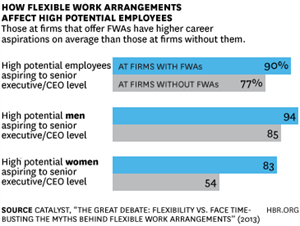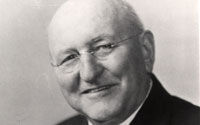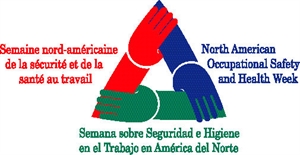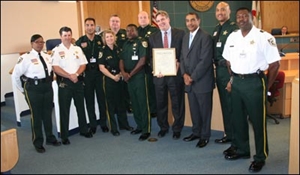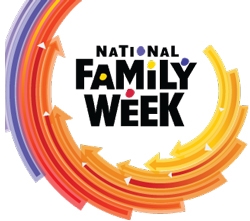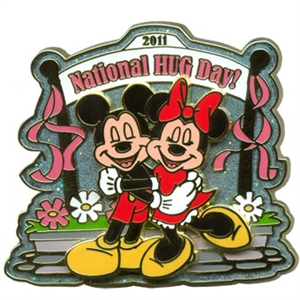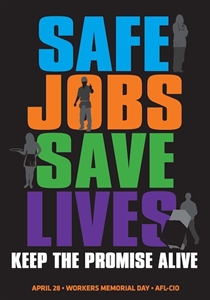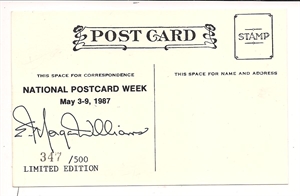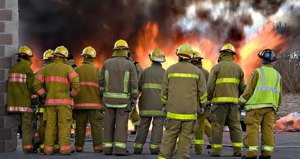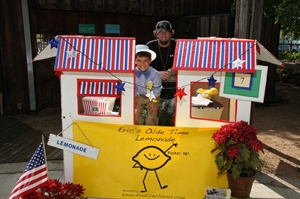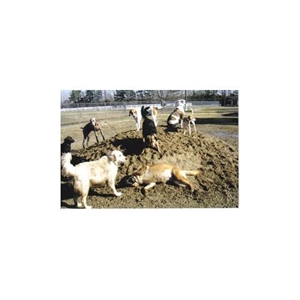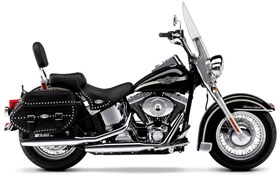International Firefighters Day 2024 is on Saturday, May 4, 2024: What is a firefighter's schedule like? What are pay and benefits like?
Saturday, May 4, 2024 is International Firefighters Day 2024.
As an Amazon Associate I earn from qualifying purchases.
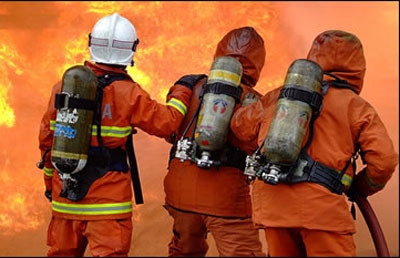
Most firefighters in the country work 24 hours on 48 hours off. They also have a set day off that they will never work. These are called "Kelly Day"
Example
MonTueWedThurFriSatSun
ONOFFOFFONOFFOFFON
OFFOFFONOFFOFFONOFF
OFFONOFFOFFKELLYOFFOFF
Median hourly earnings of fire fighters were $18.43 in May 2004. The middle 50 percent earned between $13.65 and $24.14. The lowest 10 percent earned less than $9.71, and the highest 10 percent earned more than $29.21. Median hourly earnings were $18.78 in local government, $17.34 in the Federal Government, and $14.94 in State government.
Median annual earnings of first-line supervisors/managers of fire fighting and prevention workers were $58,920 in May 2004. The middle 50 percent earned between $46,880 and $72,600. The lowest 10 percent earned less than $36,800, and the highest 10 percent earned more than $90,860. First-line supervisors/managers of fire fighting and prevention workers employed in local government earned about $60,800 a year.
Median annual earnings of fire inspectors and investigators were $46,340 in May 2004. The middle 50 percent earned between $36,030 and $58,260 a year. The lowest 10 percent earned less than $28,420, and the highest 10 percent earned more than $71,490. Fire inspectors and investigators employed in local government earned about $48,020 a year.
According to the International City-County Management Association, average salaries in 2004 for sworn full-time positions were as follows:
Minimum annual base salary Maximum annual base salary
Fire chief $68,701 $89,928
Deputy chief 63,899 79,803
Assistant fire chief 57,860 73,713
Battalion chief 58,338 73,487
Fire captain 49,108 59,374
Fire lietenant 44,963 53,179
Fire prevention/code inspector 43,297 54,712
Engineer 41,294 52,461
Fire fighters who average more than a certain number of hours a week are required to be paid overtime. The hours threshold is determined by the department during the fire fighter’s work period, which ranges from 7 to 28 days. Fire fighters often earn overtime for working extra shifts to maintain minimum staffing levels or for special emergencies.
Fire fighters receive benefits that usually include medical and liability insurance, vacation and sick leave, and some paid holidays. Almost all fire departments provide protective clothing (helmets, boots, and coats) and breathing apparatus, and many also provide dress uniforms. Fire fighters generally are covered by pension plans, often providing retirement at half pay after 25 years of service or if the individual is disabled in the line of duty.
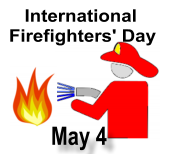
In NJ can you have personalized firefighter plates?
They do offer Firemen's Mutual Benefit Association, Newark Firefighter, & International Firefighter plates. There isn't a picture of them though. They are at the first NJ MVC site below.
I also found this at the second site below:
If you are a volunteer worker in New Jersey you may purchase specialty license plates for a nominal fee.
Firefighters and first aid workers who are members of first aid or rescue squads may purchase these plates for a $15 fee for passenger or commercial vehicles (they can’t be used on motorcycles).
Call MVC at (609) 292-6500 ext. 5061 or toll free in New Jersey at (888) 486-3339 ext. 5061 to request an application.
Mail the completed application to:
NJ Motor Vehicle Commission
Special Plate Unit
PO Box 016
Trenton, NJ 08666-0016
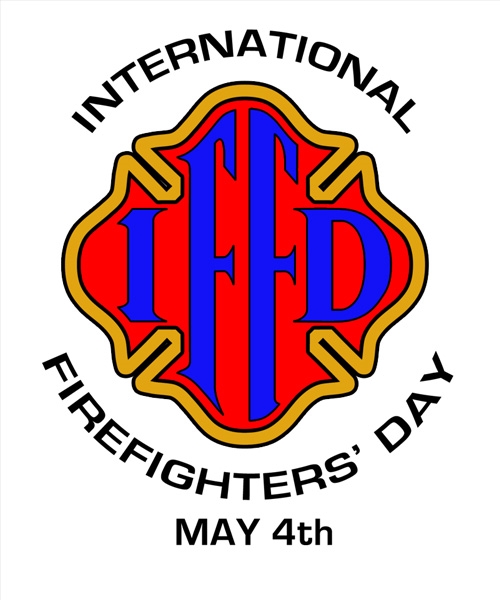
how much money do firefighters make?
I am a librarian, and the absolute best place to find accurate, current salary information for all jobs is the Unityed States Department of Labor's "Occupational Outlook Handbook 2006-2007." Here is what it says about firefighters' salaries (click here for a full job description ):
Median hourly earnings of fire fighters were $18.43 in May 2004. The middle 50 percent earned between $13.65 and $24.14. The lowest 10 percent earned less than $9.71, and the highest 10 percent earned more than $29.21. Median hourly earnings were $18.78 in local government, $17.34 in the Federal Government, and $14.94 in State government.
Median annual earnings of first-line supervisors/managers of fire fighting and prevention workers were $58,920 in May 2004. The middle 50 percent earned between $46,880 and $72,600. The lowest 10 percent earned less than $36,800, and the highest 10 percent earned more than $90,860. First-line supervisors/managers of fire fighting and prevention workers employed in local government earned about $60,800 a year.
Median annual earnings of fire inspectors and investigators were $46,340 in May 2004. The middle 50 percent earned between $36,030 and $58,260 a year. The lowest 10 percent earned less than $28,420, and the highest 10 percent earned more than $71,490. Fire inspectors and investigators employed in local government earned about $48,020 a year.
According to the International City-County Management Association, average salaries in 2004 for sworn full-time positions were as follows:
(Minimum annual base salary to Maximum annual base salary)
Fire chief-- $68,701 to $89,928
Deputy chief-- $63,899 to $79,803
Assistant fire chief-- $57,860 to $73,713
Battalion chief-- $58,338 to $73,487
Fire captain-- $49,108 to $59,374
Fire lietenant-- $44,963 to $53,179
Fire prevention/code inspector-- $43,297 to $54,712
Engineer-- $41,294 to $52,461
Fire fighters who average more than a certain number of hours a week are required to be paid overtime. The hours threshold is determined by the department during the fire fighter’s work period, which ranges from 7 to 28 days. Fire fighters often earn overtime for working extra shifts to maintain minimum staffing levels or for special emergencies.
Fire fighters receive benefits that usually include medical and liability insurance, vacation and sick leave, and some paid holidays. Almost all fire departments provide protective clothing (helmets, boots, and coats) and breathing apparatus, and many also provide dress uniforms. Fire fighters generally are covered by pension plans, often providing retirement at half pay after 25 years of service or if the individual is disabled in the line of duty.













